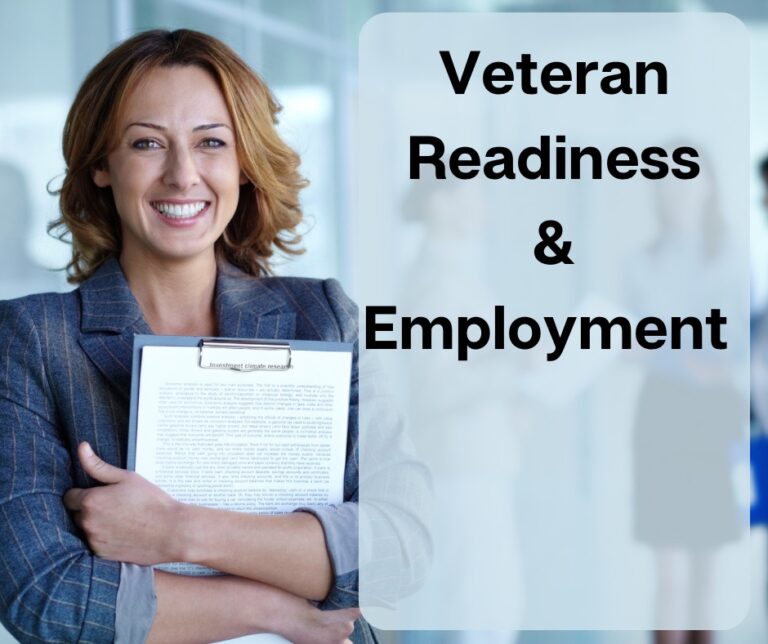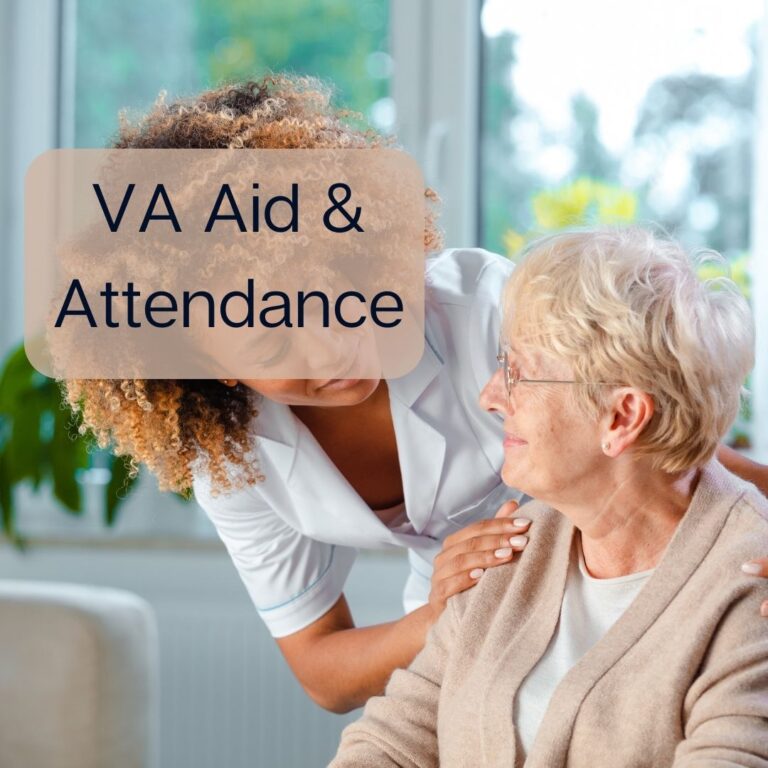Unlocking the GI Bill: Your Path to Academic and Career Success
As a veteran, you’ve dedicated a significant part of your life to serving your country. We all learned a lot in the military, regardless of how long we spent in service. Now, it’s time to take care of yourself. If you have the GI Bill, you already have a good start. Whether you’re dreaming of earning a college degree, pursuing a new career, or acquiring technical skills, the GI Bill can open doors you may not have thought possible. This guide will walk you through how to leverage this incredible benefit to set yourself on the path to academic and career success.
What Is the GI Bill?
The GI Bill is one of the most valuable benefits available to veterans, providing financial assistance for education and training. Originally introduced in 1944, it has evolved over the years to meet the changing needs of service members and their families. Today, the Post-9/11 GI Bill stands as the most comprehensive version, covering tuition, housing, and other expenses for eligible veterans.
What makes the GI Bill even more impressive is its flexibility. While many think of it as a tool for earning a college degree, it’s also a powerful resource for pursuing vocational training, certifications, and even apprenticeships. For veterans with dependents, the GI Bill offers additional opportunities through Chapter 35 benefits, ensuring that your family can also benefit from your service. Note that Chapter 35 benefits are for dependents of veterans who have died, or who are permanently and totally (P&T) disabled due to a service-connected injury.
Why the GI Bill Matters
Education is one of the most effective ways to build a brighter future. We here at NWAVet have been thrilled at the number of education opportunities offered to veterans, and the GI Bill is one of the best. The GI Bill ensures that financial barriers don’t stand in the way of that opportunity. Whether you’re starting fresh in a new career field or advancing in the one you already love, the GI Bill provides the resources you need to make it happen.
The benefits go beyond tuition. For eligible veterans, the GI Bill covers books, supplies, and even a monthly housing allowance. This comprehensive support means you can focus on your education without the stress of overwhelming financial concerns. And remember that the GI Bill does not just cover traditional college courses. It will also cover technical training and even can help pay for technical certifications. It can also help fund flight training (AFTER attaining a private pilot license).
Unlocking the Post-9/11 GI Bill
The Post-9/11 GI Bill is one of the most well-known and utilized versions of the GI Bill. If you’ve served at least 90 days of active duty after September 10, 2001, you may be eligible. This program offers:
- Full Tuition and Fees: For public colleges and universities, the Post-9/11 GI Bill covers the full cost of tuition and fees. For private or foreign institutions, it provides up to an annual maximum.
- Monthly Housing Allowance (MHA): Based on the cost of living in your school’s area, the MHA helps cover your living expenses while you study.
- Book and Supply Stipend: Receive up to $1,000 per year for books and supplies.
- Yellow Ribbon Program: For those attending private schools where tuition exceeds the GI Bill’s annual cap, the Yellow Ribbon Program can help cover additional costs.
The Post-9/11 GI Bill isn’t limited to traditional degree programs. You can use it to enroll in vocational training, technical schools, non-college degree programs, and even flight training.
Chapter 35: A Benefit for Your Dependents
The GI Bill doesn’t just benefit you; it can also extend to your loved ones. Chapter 35, or the Survivors’ and Dependents’ Educational Assistance (DEA) program, provides education and training opportunities to the dependents of veterans who are permanently disabled or deceased as a result of their service.
Under Chapter 35, eligible dependents can receive assistance for:
- College degree programs.
- Certificate or vocational training.
- On-the-job training and apprenticeships.
- Tuition assistance for correspondence courses.
By leveraging Chapter 35 benefits, you can ensure that your family members have access to the education and training they need to achieve their goals.
Steps to Apply for the GI Bill
Using the GI Bill might seem overwhelming at first, but the application process is straightforward. Here’s how to get started:
- Check Your Eligibility: Confirm your eligibility for the GI Bill on the VA’s website. Make sure to determine whether the Post-9/11 GI Bill or another program best fits your needs.
- Gather Required Documents: You’ll need your DD-214, information about your education plans, and details about your military service.
- Submit Your Application: Apply online through the VA’s official GI Bill page. Alternatively, you can apply by mail or in person at your regional VA office.
- Receive Your Certificate of Eligibility (COE): Once your application is processed, you’ll receive a COE that outlines your approved benefits.
- Enroll in a Program: Share your COE with the school or training program you’ve chosen and start planning your educational journey.
Choosing the Right Program
Selecting the right school or program is crucial to maximizing the GI Bill’s benefits. Start by considering your goals: Are you looking to earn a degree, develop technical skills, or train for a specific career?
Use free comparison tools, like the VA’s GI Bill Comparison Tool, to evaluate schools and programs. These tools allow you to compare tuition costs, available benefits, and the potential return on investment for different institutions. Avoid tools that require payment or membership; the VA offers comprehensive resources at no cost.
Maximizing the GI Bill for Career Success
The GI Bill is about more than academics. It’s a launchpad for your career. Here are some tips to make the most of it:
- Pair Education with Certification: Consider programs that offer certifications in high-demand fields, such as IT, healthcare, or project management.
- Explore Apprenticeships and On-the-Job Training: Some employers partner with the VA to offer hands-on training programs where you can earn while you learn.
- Network and Build Connections: Use your time in school or training to connect with peers, mentors, and industry professionals who can support your career development.
Call to Action: Take the First Step Today
The GI Bill is a powerful tool that has helped countless veterans achieve their goals. Now it’s your turn. Visit the official VA GI Bill website to learn more about your benefits and start your application. If you’re considering a specific school or program, speak with an advisor in the Veterans office to get tailored guidance and ensure you’re making the best choices for your future.
Your service has earned you this opportunity. Don’t let it go unused. Unlock the GI Bill today and take the first step toward your academic and career success.







